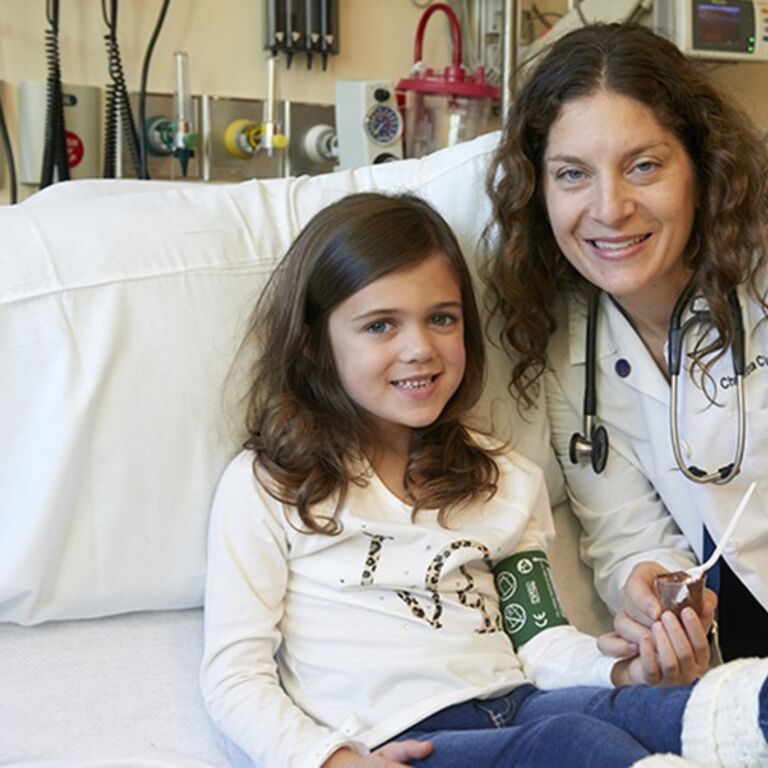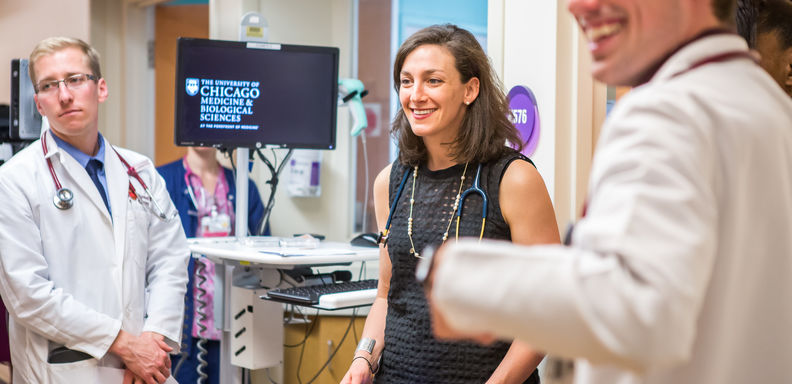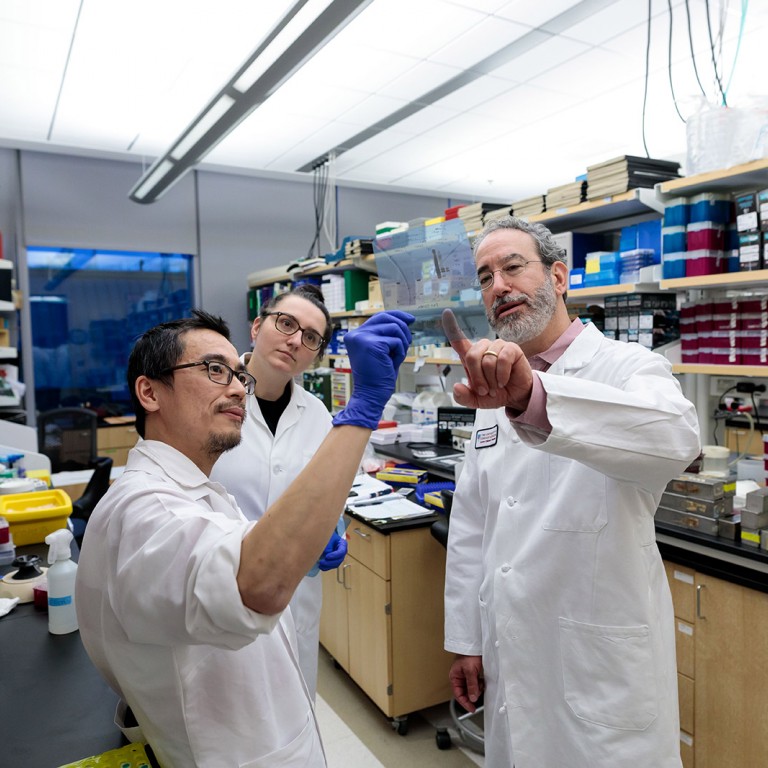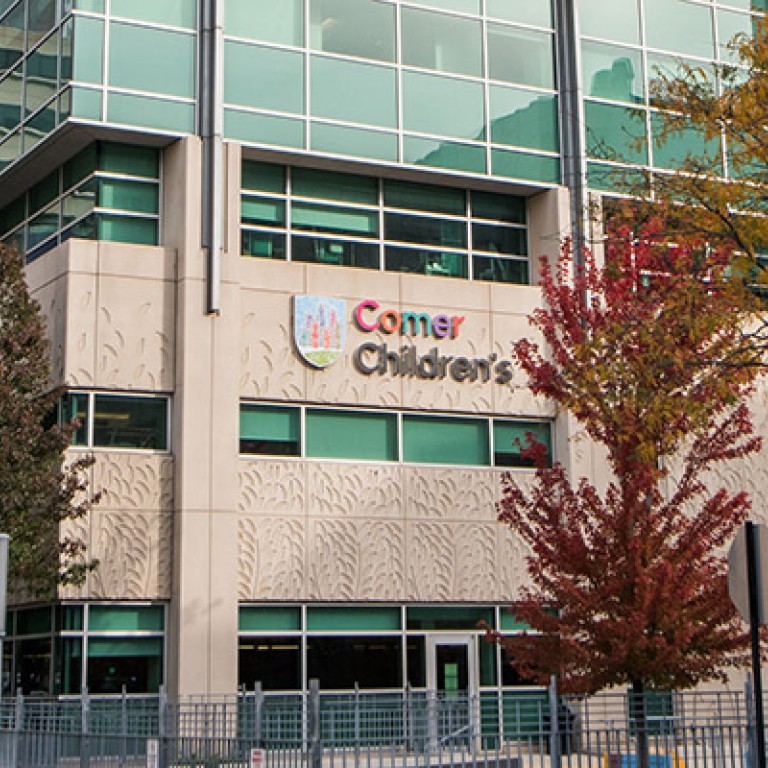We have faculty expertise in a myriad of Gastrointestinal, Nutrition and Hepatology topics, including, but not limited to:
- Inflammatory Bowel Disease
- Celiac Disease, non-celiac gluten sensitivities
- Eosinophilic gastrointestinal diseases
- Feeding therapies
- Short Gut Syndrome
- Irritable Bowel Syndrome/Functional
The University of Chicago houses an active Pediatric Liver Transplant Program, and harbors patients with a variety of Hepatology complexities including:
- Cholestasis
- Acute Liver Failure
- Liver Transplant
We work in partnership with Adult GI Colleagues, offering a dedicated procedural month during the first year of fellowship. Within our department, procedural expertise includes:
- EGD, Colonoscopy
- Endoflip/Esoflip
- VCE
- IUS
- pH Probe
- IB-Stim
- Fibroscan
Clinical Training:
Clinical training is spread out over the three years, and fellows receive progressively increasing responsibility over the course of the fellowship.
- 8 months inpatient Pediatric Gastroenterology and Hepatology/Transplant Service
- 1 month Adult Endoscopy
- 1 month Nutrition Service
- 2 weeks GI/Liver Pathology
- Weekly ½ day procedure session: begins at the start of the fellowship
- Weekly ½ day Fellow’s Clinic: begins the second-half of the academic year
- Call split evenly across all three fellows
- Lead Peds GI / Radiology Conference quarterly
- Annual Quality Improvement Project
Focused on research and outpatient clinical training
- 70% - 80% protected research time with a mentor of the fellow’s choosing in an area of their interest
o Within the Section, within the Department, or outside the Department, as long as the arrangement is agreed upon by the research mentor and GI section
- Assist in writing of grant applications during this year.
- Clinical responsibility includes Fellow’s clinic weekly along with ½ day of procedures, both continued from the previous year, 4-6 weeks of inpatient service, and call nights split among the three fellows
- Lead Peds GI / Pathology Conference monthly
- EPOR (Essentials of Patient Oriented Research) Course (to be completed 2nd or 3rd year of fellowship)
- Annual Quality Improvement Project
Focused on continuation of research training (80%). It is expected that the fellow will complete a Scholarly Work Product this year and present their research findings at university and national meetings.
- Clinical responsibility includes Fellow’s clinic weekly along with ½ day of procedures, both continued from the previous year, 4-6 weeks of inpatient service, and call nights split among the three fellows
- Addition of subspecialty faculty clinics geared towards the fellow’s interest
- Lead Peds GI / Peds Surgery Conference monthly
- EPOR (Essentials of Patient Oriented Research) Course (to be completed 2nd or 3rd year of fellowship)
- Annual Quality Improvement Project
Throughout all years of fellowship, the fellows are encouraged to follow their own patients starting from diagnosis and continuing follow-up care in the outpatient clinic.
Didactics:
- Fellow’s Summer Bootcamp
- Fellows attend and participate in weekly journal club
- Clinical Case Conference (monthly)
- Morbidity and Mortality Conference (monthly)
- Participation in Board Review Sessions (twice a month)
- Interdepartmental conferences: Ped Surgery, Pathology, Radiology
- Departmental: Pediatric Grand Rounds, Professor Rounds, Adult GI Grand Rounds



